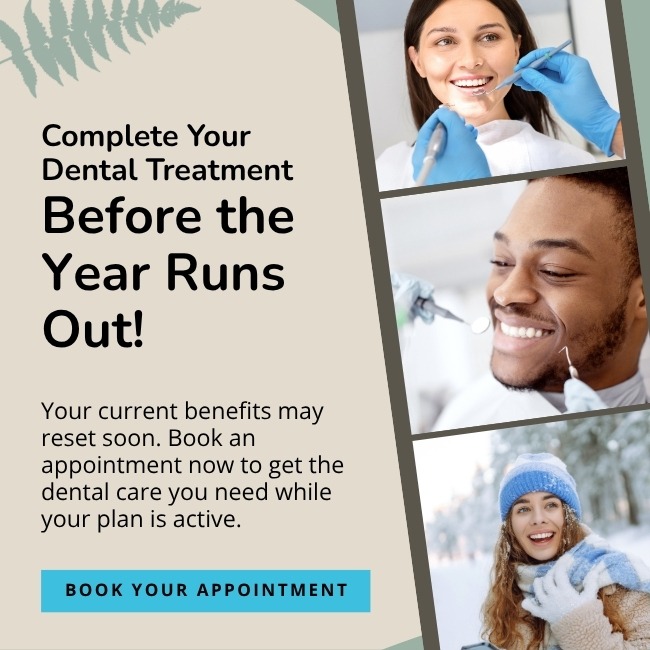April is oral health month and our big push this month is promoting the recommended daily four habits for good dental hygiene: Brush, Floss, Rinse and Chew. Of course, you know to brush twice a day, floss once a day, and use mouthwash daily, but you may not know that your dentist wants you to chew gum. Today, we will clear that up by focusing on chewing!
Brush, Floss Rinse and… Chew?
What is meant by chew in the daily four? Chew, in this instance, is encouraging you to chew sugarless gum after eating. Why? Because when you chew gum; it stimulates saliva production, which in turn reduces plaque, cleans food particles out of your mouth, and neutralizes acids that can break down tooth enamel.
In fact, clinical studies show that people who chew sugar-free gum for 20 minutes after meals can help prevent tooth decay and can even strengthen the enamel on their teeth!
Why is Saliva Important?
Saliva washes out your mouth several times during the day. Saliva is predominately water, but it also contains proteins and minerals needed to keep your teeth healthy and to digest your food.
Chewing sugar-free gum after meals stimulates saliva production which:
• Helps you swallow easier
• Helps you taste and chew better
• Supports enamel
• Offers protection against tooth decay
• Prevents bad breath
• Fights germs
If You Have Too Little Saliva
If you don’t have enough saliva production, it can result in bad breath and/or a dry mouth. Dry mouth is usually temporary; however those who suffer from a persistent condition of dry mouth are referred to as having xerostomia.
Xerostomia causes your mouth tissue, tongue, and gums to be swollen and painful. Without enough saliva to rinse the mouth, bacteria forms and that’s what causes bad breath.
What can you do today to support healthier teeth, gums, and fresh breath? While no replacement for brushing, flossing, or using mouthwash, sugarless chewing gum after meals is a quick, easy, proactive choice!
And of course, see your dentist on a regular basis!





